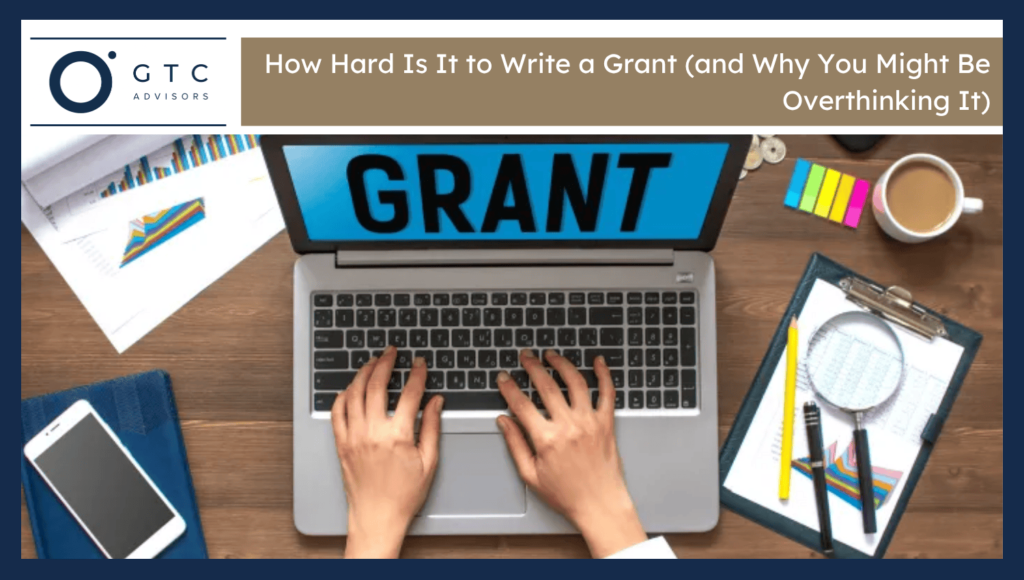Grant writing is neither hard nor too easy. It depends on the writing skills and knowledge of the applicant. Understanding the funder priorities, breaking down complex ideas, and writing a winning proposal seem difficult at once. High competition, rigid guidelines, and a low success rate limit the number of applicants. Many applicants don’t write a grant due to fear of rejection. There is a misconception that perfect grants win the funds. Follow the guidelines, format, and maintain a personal and persuasive tone throughout the proposal. People overthink budgets, project plans, and evaluations. Grant makers provide their own templates to collect budget information. Fill out the information and submit the grant within the due time. Grants that follow the rules secure funds. There is no ned to hire a professional grant writer for micro or seed grants. These grants often require less paperwork.
What Makes Grant Writing Easier Than You Think?
Following the funder’s guidelines makes writing the grant easier. Create a checklist from the Request for Applications (RFA) and stick to the required format. Research about the funder’s mission and previous projects. Specify how this project links to those past funded projects to create relevance. Understand what they want to hear (outcomes, goals) and focus on them. Go through the grant templates and make changes to personalize them. Adopt a storytelling technique and summarize the project with statistics and charts.
What are The Only Skills You Actually Need to Write a Good Grant
Here are the four skills that are required to write a good grant:
- Clarity in Communication: Grant writing does not require complex words and a tough tone. Write clearly in a simple and concise manner. Keep the tone persuasive and professional to describe the project, outcomes, and goals.
- Basic Research Skills: Research about the funder’s mission, values, and past projects to align the project with them. Collect the statistics, data, and impact of the relevant projects to show the potential and strengthen the grant.
- Planning & Organization: Plan the entire grant process from research to writing, submission, and follow-up. Stick to the format and create a detailed budget plan to explain where the funds are going to be used.
- Honesty & Realism: Don’t make vague promises about the outcomes and statistics. Be authentic and clearly tell how long the project is going to take. Set SMART goals and acknowledge the areas of improvement.
What are The Parts of Grant Writing People Overcomplicate
Here are the four parts of the grant writing that people overcomplicate:
- Narrative/Project Description: People often overcomplicate the project description with technical terms. Describe the problem and why the project is needed with a logical solution. Use statistics to support the problem and positive results to get support. Narrate in an easy and compelling way that does not sound vague.
- Impact Measurement Section: Monitoring and evaluation confuse many applicants. They focus on 3 to 4 positive outcomes that seem unachievable to the funder. Set clear SMART goals and give a brief overview to achieve them.
- Budget Justification: Provide a clear budget estimation according to current market trends. Create a list of all the estimated expenditures and give a brief reason for each. Mention the estimated salary if the narrative includes hiring a coordinator.
- Sustainability Plan: How stable is the plan with or without the funding? This question overcomplicates everything. Don’t leave a vague answer and provide an overview of future plans. The funder wants to know the project scope and how passionate the applicant is about the project.
What Should You Focus On Instead of Overthinking?
Understand the funder’s requirements instead of overthinking. Avoid making mistakes that lead to the rejection of the application. Write the proposal with a storytelling technique. Describe the problem, solution, impact, and outcomes. Give an example of any recent relevant successful project to build trust and strengthen the proposal. Show the organization’s credibility from past results, achievements, awards, and testimonials. Hire a grant writer for a large grant and focus on managing the process. Share the proposal with industry experts and peers to see how they respond. Make changes if required and submit before the deadlines. Make sure to follow up on the application and stay in touch with the funder.
What Are the Most Common Grant Writing Myths?
People often believe that a grant is free money, though it’s not. Grantseekers have to share reports about where the money is spent with proof. They are accountable to grantmakers, and not meeting the guidelines leads to legal penalties. Networking works to write the winning proposal, though it does not promise the funds. There are also myths that learning advanced English and writing long proposals increases the chances of securing funding. Grant writing requires simple and concise English language. There is no need to beat about the bush to lengthen the proposal and stick to the point. Every organization has an equal chance to win the funds, irrespective of how big or small they are.
What are the Practical Tips to Stop Overthinking and Write With Confidence
Here are the practical tips to stop overthinking and write the proposal with confidence:
- Start with a One-Page Summary: Write the letter of intent (one to two pages) before writing the proposal. This letter tells whether the funder is interested in the project or not.
- Use Simple Language and Short Sentences: Use active voice sentences with easy English words to break down the technicalities of the project.
- Follow the Checklist Provided by the Funder: List all the requirements of the funder and cross-check them after writing the proposal.
- Write First, Edit Later: Don’t try to write a perfect proposal on the first try. Write a draft and then make changes according to the guidelines. Polish it with statistics and then write in a clear and persuasive tone.

George C. Tagg, Jr.
George serves as a trusted counsel to business leaders, non-profit executives, and management teams. George is a licensed attorney with a master’s in international affairs and over 20 years’ experience in the U.S. Congress, Department of State, Department of Defense, global public policy, and political campaigns.


